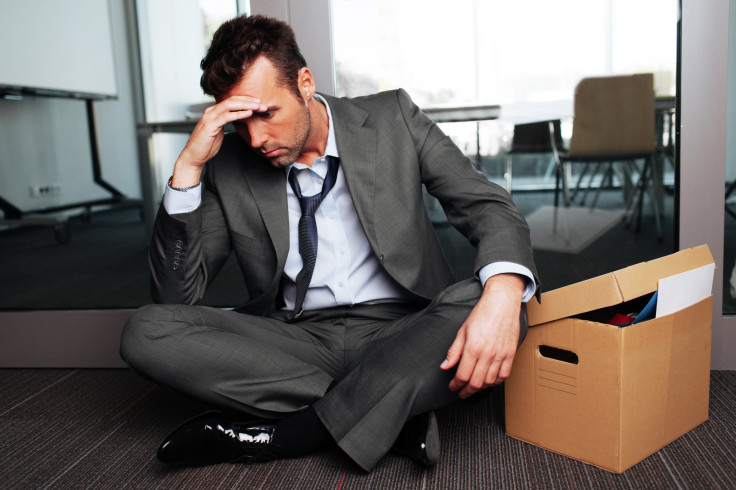Unemployment Stress May Kill You, But Recessions Will Keep You Healthy

Previous research has shown that losing your job or being unemployed, for a variety of reasons, increases mortality rate. However, strangely enough, when unemployment rates increase in a larger population — mortality declines.
Can a higher state unemployment rate actually be good for your health? While people suffer individually from joblessness, as a whole, researchers have found that a society’s mortality rate decreases, adding years to your life. In a new study out of Drexel University and the University of Michigan in Ann Arbor, researchers sought to dig a little deeper to understand this contradiction. The study is the first to examine both of these effects concurrently, and found that they do occur at the same time — it’s not one or the other, as some previous studies have concluded.
The researchers found that losing jobs was linked to a 73 percent increase in mortality. But an economic recession, surprisingly, had positive side effects — like a drop in fatalities and air pollution. With each percentage-point increase in the state unemployment rate, the risk of death dropped by about nine percent. “Most people believe that being unemployed is a bad thing,” said lead author Jose Tapia, an economist and population health researcher at Drexel University, in a press release. “But what many people don’t realize is that economic expansions — which usually reduce joblessness — also have effects that are harmful for society at large.”
Air pollution, for example, greatly increases during economic booms, and this may be one of the factors behind a decrease in mortality when the economy slumps. “Other potential causes for the decrease of mortality risk during recessions could be changes in levels of stress and risk of injury in the working environment,” Tapia said. “During economic expansions, work is done at a faster pace, more employees are commuting, workers have less average sleep, and so on — all of which can be linked to higher risk of heart attacks, vehicle crashes, industrial injuries and enhanced circulation of germs. All of this reverses in recessions.”
The researchers used data from the Department of Labor and annual survey data, examining the time frame between 1979 and 1997 and studied how both employment conditions and contextual economic conditions affected the risk of death. “The increase in the risk of death associated with being unemployed is very strong, but it is restricted to unemployed persons, who generally are a small fraction of the population, even in a severe recession," Tapia said. "Compared with the increase in the risk of death among the unemployed, the decrease of the mortality risk associated with a weakening economy is small, but the benefit spreads across the entire adult population. The compound result of both effects is that total mortality rises in expansions and falls in recessions.”
However, researchers remain at a point of disagreement about the issue. Some research showed that health was actually better during the Great Depression, but others argue that if you re-analyze the data and disaggregate it by city and state level, rather than across the entire nation, you get the exact opposite result, showing that the recession actually was detrimental health-wise. False “correlations can occur when immediate effects are not decoupled from long-term trends, especially problematic with trending variables, such as GDP,” the authors of another study about the Great Depression write, essentially contradicting other researchers. This simply leaves us with the fact that more research will need to be done in order for stronger conclusions to be made.
Source: Tapia J. Individual Joblessness, Contextual Unemployment, And Mortality Risk. American Journal of Epidemiology. 2014.



























